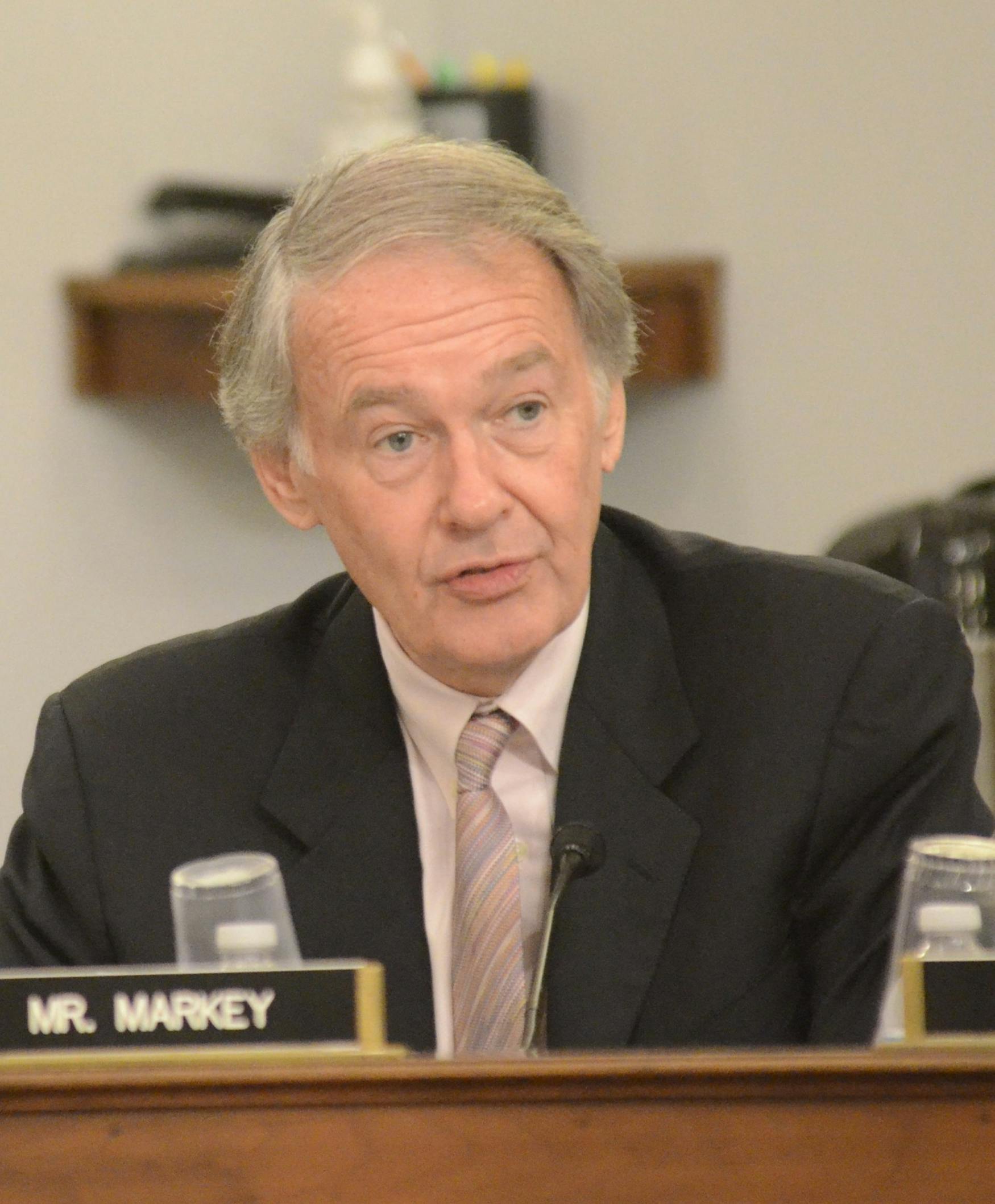Markey wins Senate position
Ed Markey won the seat against Kevin O'Connor with 66.4% of the vote.
Massachusetts is historically a strong left-leaning state, so many experts projected a Democratic win in response to the Senate election results. As of 12:13 a.m., incumbent Democrat Ed Markey won the Massachusetts Senate seat with 66.4% of the vote, according to the Associated Press.
The Senate general election pinned Markey against Republican candidate Kevin O’Connor, who ran with a message of bipartisan cooperation and moderate conservatism. Despite O’Connor’s efforts, this race was not close, and O'Connor secured only 33.6% of the vote. However, the primary race between Markey and challenger Rep. Joseph Kennedy III was a nail-biter. By the time all the votes were counted, Markey had won the primary by just under 150,000 votes. Kennedy, 39, used his comparatively young age to create an image of himself as the future of the Democratic party in Massachusetts. Initially, experts expected that Kennedy’s age would resonate more with young voters, but these expectations flipped because of Markey’s consistently progressive policy. A large part of Markey’s success can be attributed to his strong support from young voters, who overwhelmingly support the progressive policies he has pushed for. Markey has been known for his progressive policies — namely, he co-authored the Green New Deal — thus, when he garnered an endorsement from Rep. Alexandria Ocasio-Cortez, his popularity with progressive voters soared and his chances for success were all but iminent.
Young volunteers for the Markey campaign likely contributed to his victory and were also handily involved in his campaigning efforts. Students for Markey is a “collective of progressive student activists supporting @EdMarkey’s reelection, [because] he leads on the issues,” according to the group’s Twitter bio.
The group was very active on social media, especially during the primaries, and was responsible for a lot of youth knowledge, engagement and advocacy in this election cycle. Brett Kahmann ’23 came to work with the Markey campaign through exposure to social media campaigns such as the ones Students for Markey put out. She expressed great joy following the primary win, but said she expected, although still appreciated, Markey’s win in the general election.
Markey has held the Massachusetts Senate seat since 2013; this will be his second term. One of the main issues on O’Connor’s agenda was the issue of “dysfunction in Congress [which has] fueled professional politicians who feel entitled to power and will do just about anything to keep it,” according to his website. The candidate made clear his intention to serve no more than two terms in the Senate. “Markey served 18 full terms in a row in the U.S. House of Representatives, plus part of a term immediately before that, plus part of an additional term before he was elected to the U.S. Senate in a special election. He served in the House from November 1976 through July 2013,” according to a New Boston Post. In a June 6 debate, Markey said he supports term limits.
Even before any votes were reported, the New York Times projected that Markey would win. Around 10:15 p.m. on election night, Markey had already received strong support across the state, especially in Middlesex County, where Brandeis is located. While there are areas in Massachusetts that do not lean as strongly to the left as Middlesex and Suffolk counties, the state overall is still fairly liberal.
The presidential election may have been too close to call by Nov. 3, but Markey was almost guaranteed a victory since the beginning of the election. To progressives, an experienced senator like Markey who has been pushing forward progressive legislation for over 40 years is further evidence of sizable support for progressive ideas among the state’s population.
By 11:30 p.m., Markey had won about two thirds of the vote, and all major news channels were projecting that he would win handily over O’Connor.




Please note All comments are eligible for publication in The Justice.